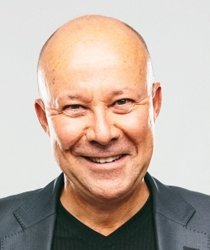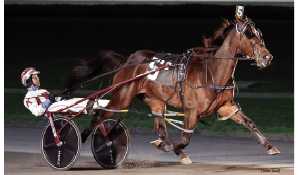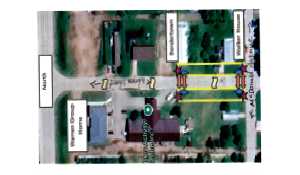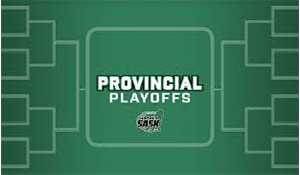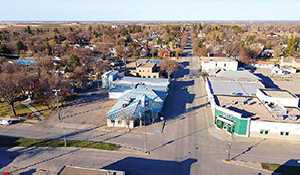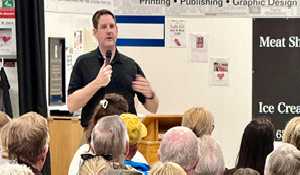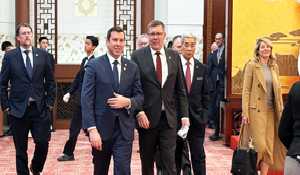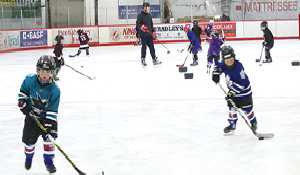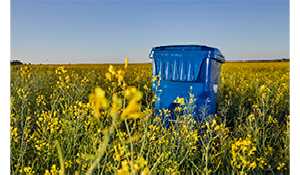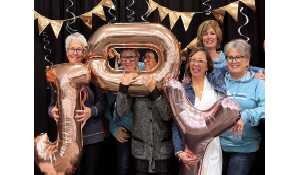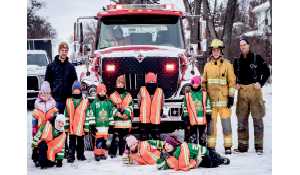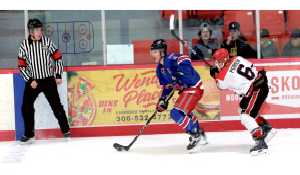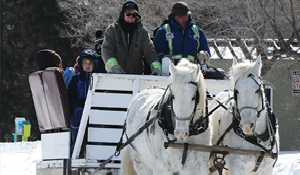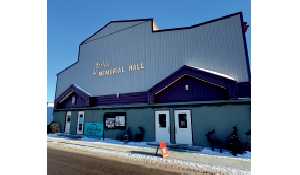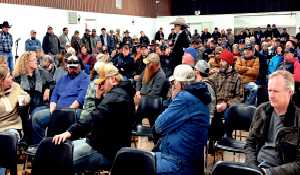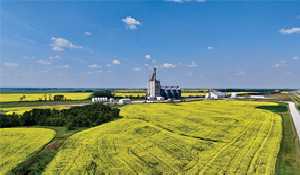Frontrunners emerge in Sask Party leadership
September 6, 2017, 8:05 am

It is an understatement to call the Saskatchewan Party’s leadership race to succeed Premier Brad Wall uncharted waters.
The SaskParty’s new leader will automatically become premier, a far cry from 1998 when Elwin Hermanson was chosen as the party’s inaugural leader over one serious contender in a convention where 3,300 party members voted.
Six years later, Brad Wall was acclaimed by a party on the cusp of forming government.
Now, a field of at least six candidates vies for the top job. And the political stakes are high.
At this early point, the presumptive front runners are Saskatoon lawyer and former Attorney General Gord Wyant and Alanna Koch, long time political insider and the first woman to head the Saskatchewan civil service, as the Deputy Minister to the Premier.
Not to disparage some excellent candidates—Tina Beaudry-Mellor, Ken Cheveldayoff, Jeremy Harrison, or soon to be announced Scott Moe—but there are reasons that Wyant and Koch are strong out of the gate.
Both are well organized. A winning campaign will have to place the candidate face to face with as many party members as possible in order to win their votes.
In addition to wooing party members on a combination of personality, competence and attractive policy, the candidate must also make the case that they are the best positioned to win the next general election, expected in 2020.
The winning candidate will have to receive the most votes on a preferential ballot where party members will rank their choices.
If the frontrunner does not receive 50 per cent plus one of the votes on the first ballot (unlikely in a strongly contested big field) the candidate with the lowest number of votes is dropped and their votes are distributed to the other candidates on the basis of the preferential ballots.
Hence, it’s critical for the eventual winner to have strong down-ballot support; in other words, being the popular second choice.
While a leadership race is decided by existing party members, a good campaign ground game aggressively recruits new people—not usually party members—who support the candidate and are prepared to buy memberships so they can vote, a process permitted until December 8, in advance of the January 27 leadership vote.
Koch and Wyant have been quietly reaching out to their base for the past year. Wyant, strong with urban professionals, unabashedly plays his federal Liberal party connections—a move fraught with some risk given Saskatchewan’s antipathy to the Justin Trudeau/Ralph Goodale tag team pushing a carbon tax and still defending their $10.5 million payout to admitted terrorist and killer Omar Khadr. Wyant is seen as a moderate who can win the big game.
Koch is a serious contender among rural, small town and agri-sector players.
She inspires raving fandom among many people she has mentored and worked with in government or industry, in particular younger women. A lifetime political insider and policy expert, Koch’s Achilles Heel is that she lacks elected experience and public profile.
She will also appeal to the many Saskatchewanians who believe that it is time for a woman after more than a century of 14 men in the Premier’s office.
In the coming days, as momentum builds, different MLAs will throw their support to various candidates.
There’s long been a debate over caucus endorsements. One line of reasoning holds that each MLA has only a single vote and beyond some minor persuasive or reputational value, endorsements do not mean much.
Another school of thought holds that caucus support can sway party members because the elected people on the front lines best know the suitability of a candidate.
MLAs are also usually good organizers who can campaign, lock in supporters and wrangle support on the ground.
If caucus support counts, it could propel the candidacy of former Environment Minister Scott Moe, who although quiet and not publicly well known, is highly regarded by many Sask Party MLAs and insiders.
The uncharted waters ahead are about to get a lot more challenging in the coming weeks.
